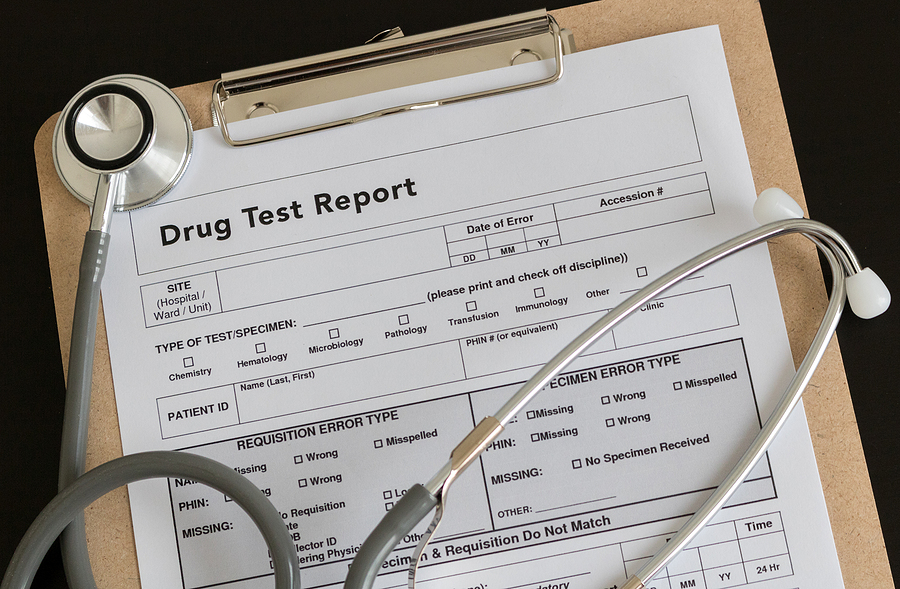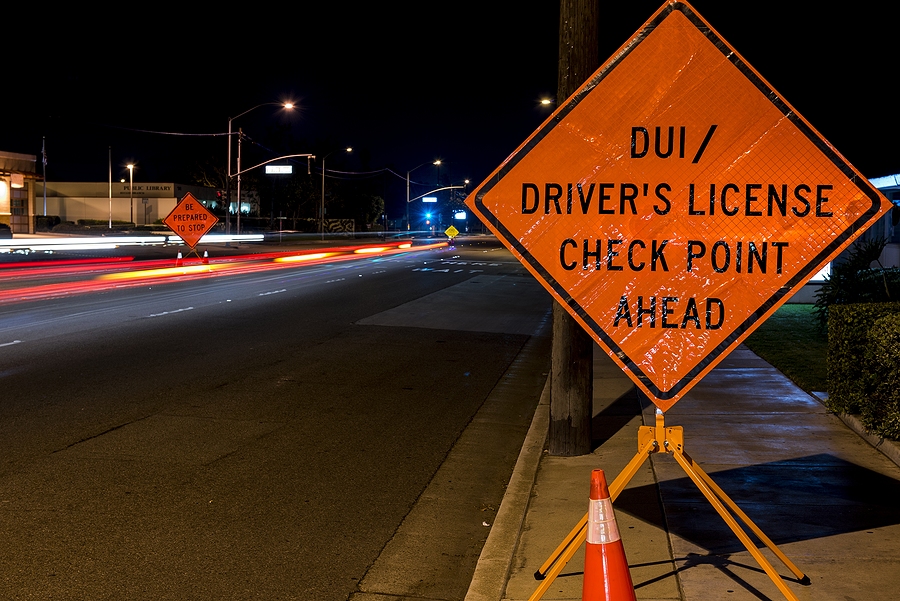The moment you realize a drug screen might come back positive can be terrifying. For many individuals serving probation in Marion County, that single test represents the difference between freedom and a return to a jail cell. The anxiety is understandable, but panic rarely leads to good decision-making.
Probation is often viewed as a “second chance”—a way for the court to monitor behavior while allowing you to remain in the community rather than serving time in the Indiana Department of Correction (IDOC) or the county jail. However, this freedom is conditional. When you signed your probation agreement, you essentially entered a contract with the state. One of the most rigid terms of that contract is almost always sobriety.
If you have recently failed a drug test, or fear you are about to, it is critical to understand the specific legal mechanics at play in Indiana. A positive test is a violation of your court order, but it does not automatically guarantee a maximum sentence. The outcome depends heavily on your history, the specific substance involved, and the actions you take immediately following the result.

The Rules of the Road: Probation Terms in Marion County
When a judge grants probation in Indianapolis, they are guided by Indiana Code 35-38-2-2.3. This statute outlines the conditions a court can impose. While every case is unique, the requirement to “refrain from possessing a firearm or other deadly weapon” and to “avoid checking into places where alcohol is sold” are standard.
However, the most relevant condition here is the requirement to undergo laboratory testing. The court has the authority to order periodic drug and alcohol screenings to detect controlled substances. By accepting probation, you waived your right to refuse these tests. In Marion County, refusing a test is often treated identically—or sometimes more harshly—than failing one. It is viewed as an act of non-compliance with a court order.
How Drug Testing Actually Works
While the legal language can be dry, the reality of testing is invasive and stressful. Understanding the methodology can help you navigate the process with fewer surprises.
The Testing Methods
The most common form of testing in the Marion County probation system is urinalysis. It is cost-effective and provides immediate results for a wide range of substances, including amphetamines, cocaine, opiates, and marijuana.
However, probation officers are not limited to urine screens. Depending on the specific terms of your sentence or the nature of your offense, you may be subject to:
- Saliva tests: Often used for quick field screening.
- Hair follicle tests: These can detect drug use over a much longer period, often up to 90 days.
- Blood tests: Usually reserved for more specific or contested situations due to the invasive nature and cost.
- SCRAM bracelets: These are secure ankle monitors specifically designed to detect alcohol consumption through your sweat.
The Randomization
Most probationers are placed on a random calling system. You are assigned a color or a number and must check a hotline daily to see if your group is required to test. This unpredictability is designed to prevent “flushing” or timing drug use around scheduled appointments.
Request Emergency Bail Bond Service in Marion County IN ⚖
The Consequences: From Sanctions to Revocation
So, what happens when the lab report comes back positive? Under Indiana Code 35-38-2-3, the court has the authority to revoke your probation if you violate a condition. However, the severity of the consequence usually correlates with the severity of the violation.
The Petition to Revoke
Typically, your probation officer will file a “Notice of Violation of Probation.” Once this is filed, the court may issue a summons ordering you to appear, or in many cases involving drug failures, issue a warrant for your arrest. If you are arrested, Indiana law stipulates you must have a hearing within 15 days if you are being held without bail.
Administrative Sanctions
For a first-time violation involving a “soft” failure (like marijuana in some contexts) or a low-level concern, your probation officer might handle it administratively without dragging you back in front of a judge. This could involve:
- A verbal or written warning.
- Increased frequency of drug testing (at your expense).
- Mandatory enrollment in an outpatient substance abuse education class.
Modification of Conditions
If the violation goes to court, the judge may choose to modify your probation rather than revoke it entirely. This is an intermediate step where the court tightens the leash. Modifications often include:
- Extension of probation: The judge can extend your probationary period for up to one year to ensure you have time to complete treatment.
- Community Corrections: You might be moved from standard probation to a stricter supervision model, such as home detention or work release.
- Rehabilitation: The court may order you to complete an inpatient or intensive outpatient program (IOP).
Revocation
This is the worst-case scenario. If the judge determines that you are no longer a good candidate for community supervision—perhaps due to repeated failures or a new crime committed while high—they can revoke your probation.
If revoked, the court can order you to serve the entirety of your suspended sentence. For example, if you had a 365-day sentence with 360 days suspended, the judge can order you to serve those 360 days in jail.
The Legal Process: You Have Rights
It is a common misconception that probationers have no rights. While you do not have the same rights as a defendant in a criminal trial (such as a jury), you still have due process rights during a revocation hearing.
The burden of proof in these hearings is “by a preponderance of the evidence.” This means the state only needs to prove that it is more likely than not (51%) that you failed the test. This is a much lower bar than “beyond a reasonable doubt.”
Despite this lower standard, you have the right to:
- Be represented by an attorney.
- Confront and cross-examine witnesses (such as the lab technician or probation officer).
- Present your own evidence.
Crucially, you should never admit to a violation without speaking to counsel. There may be issues with the chain of custody of the sample, or false positives caused by prescription medication. An attorney can review the evidence to ensure the test was accurate and legally obtained.
Moving Forward After a Violation
A failed drug test is a setback, but it does not have to be the end of your road. Judges in Marion County are often looking for accountability and a genuine desire to change.
If you know you have failed, taking proactive steps before your hearing can make a significant difference. Voluntarily enrolling in a narcotics anonymous (NA) group, seeking a substance abuse evaluation, or checking yourself into rehab shows the court that you are taking the violation seriously and are committed to fixing the problem.
The legal system is complex, and the stakes are high. If you are facing a probation violation, treating it with the seriousness it deserves is the best way to protect your future.
Need immediate help with bail? If you or a loved one has been arrested on a probation violation warrant in Indianapolis, time is of the essence. Contact our local Marion County bail bond service immediately to discuss your options for securing release so you can prepare for your hearing from home, not a cell.
Related Post: The Fastest Way to Get Out of Jail for a Probation Violation









